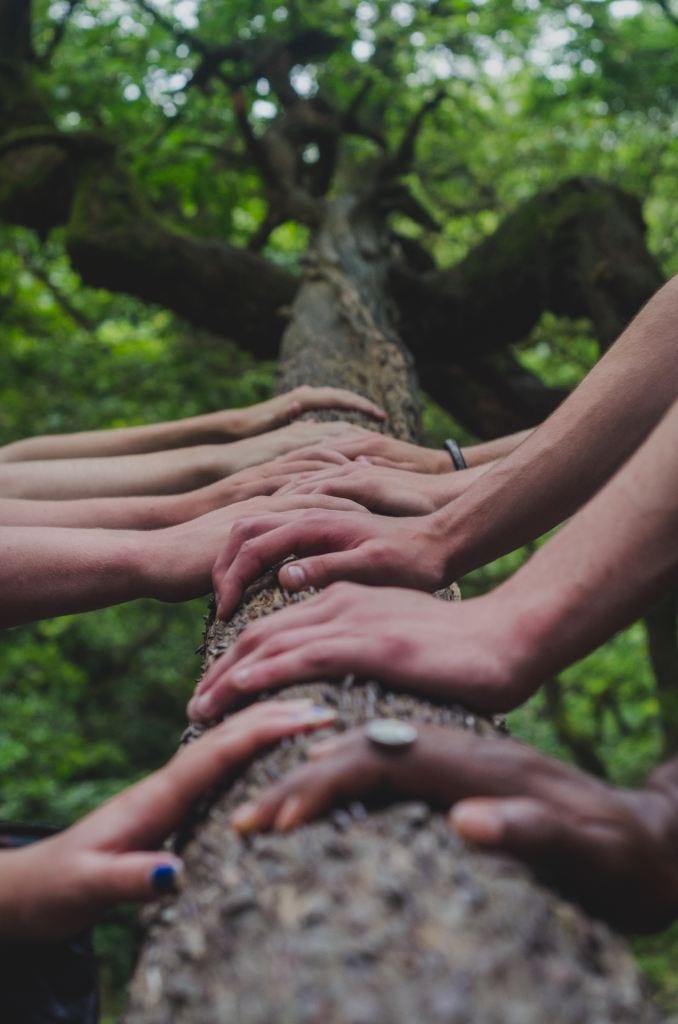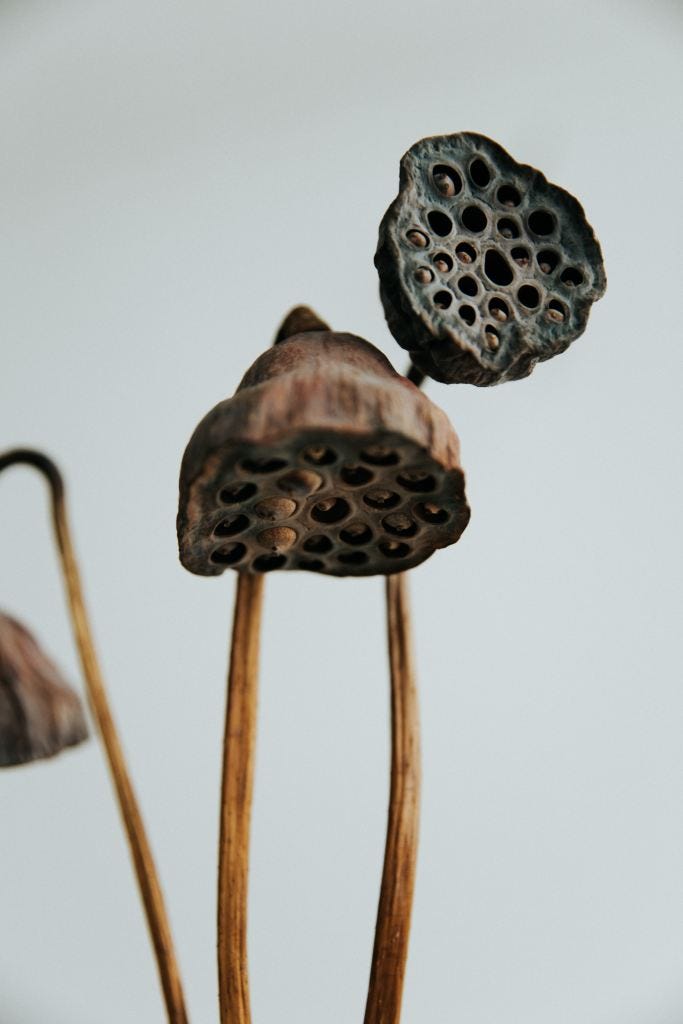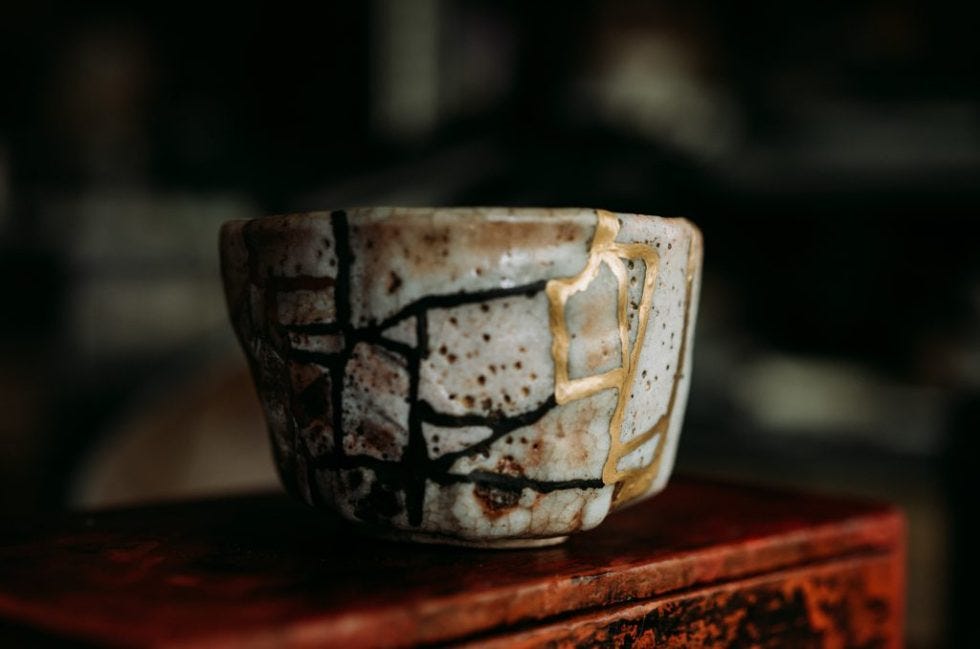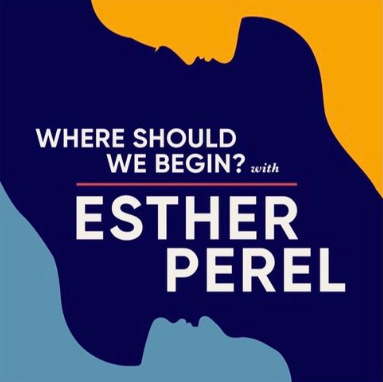A year or two ago, a client shared with me (Hester) an extraordinary podcast featuring the midwife, author and teacher Jane Hardwicke Collings. In it, she talked about the nurturing effects of the hormone oestrogen, whose levels are drastically altered by the menopause. Jane called it “the hormone of accommodation”, as it tallies not only with female reproduction but also with women’s ability to ‘hold’ (or accommodate) all the needs of the personal, organisational, financial or domestic interests she has. That means juggling loved ones, work, money and so on. It’s a frenetic time of life, but thanks to the particular balance of hormones I have right now, I can accommodate all these things. Like many other women I know, I can look after various parts of life and the needs of many people simultaneously. I am productive and a seasoned multi-tasker. I make lists, I delegate, I have a fantastic support network and professional mentoring. Somehow I can not only look after my two children and a caseload of clients, but I can also look at my husband, take stock of the time of year and say “have you booked in a climbing trip this autumn? Because I know you’ll get the blues towards the end of this season”. I’m all over the present AND thinking about his mental health in the near future. How am I doing all this?! In my teens I could barely look after myself, in my twenties I focussed on myself and tried to do ‘all the things’ to milk my independence. Somewhere in my 30s I turned into this multitasking machine!

The podcast moved through the stages of a woman’s life, where the stage I am in now – pre menopausal, in the thick of work and family – is called the ‘mother’ stage. We don’t have to have children to be in this stage; every woman I know is nurturing, growing and supporting something/ someone (or multiple things/ beings) during this time of their lives. It feels natural in this phase to pour time and energy into these projects and people, sometimes at the cost of properly caring for ourselves.
However, I am now on the cusp of peri-menopause and am fascinated by the process of change ahead. Hardwicke Collings says, as oestrogen levels decrease in this stage of a woman’s life, so “the veil of accommodation begins to rise”. This sentence gave me goosebumps when I first heard it. What might happen if I stop feeling willing or able to support all the needs of my people and projects? The feeling I get at this prospect is an intense mixture of fear and excitement. When I look at my clients who are in menopause I can see the process taking place. It’s wild! They are throwing out elements of life that do not serve them. There are divorces, career changes, house moves, familial confrontations and friendship ‘breakups’ scattered like the debris of their former lives. It is as if these women have cast an honest eye over their situation, reached into their souls and asked the question “is this what I want?”. When the answer is, er, “No”, they often proceed in the direction of their own happiness, despite initial pain, despite fear, despite the judgement of others. I have been blown away by the courage of these clients and delighted for them when they arrive in a new landscape that reintroduces them to their freedom and creativity.
Firm favourite Brené Brown says:
Midlife is when the universe gently places her hands upon your shoulders, pulls you close and whispers in your ear: I’m not screwing around
BRENÉ BROWN

This too is taking place in the menopausal stage. What Brown calls an unravelling (as opposed to a ‘crisis’) is actually a moment of existential reckoning that is essential to lean into if we are to reach the ends of our lives without regret, bitterness or isolation. We all know that life ends. We have limited days on Earth to live and love and give and receive. To achieve authentic connection, to unlock the energy we have to be creative and brave, very often we have to unpick parts of our lives or selves that are draining or holding us back. THIS is what I see my clients doing in mid-life, especially menopausal women. I salute you all.
References: The Midwives’ Cauldron – Women’s rites of passage and how they shape our lives – peri-menopause and the role of Autumn Women. An interview with Jane Hardwicke Collings
The Midlife Unraveling – an article by Brené Brown
Menopause is in the spotlight and I (Emma) am eternally grateful for the noise and disruption it is making. At any one moment in time there are millions upon millions of us experiencing this transitional phase of our lives in ways we could not have ever imagined as 20/30-year-olds.
Unsurprisingly it is being monetised in a myriad of different ways which pigeons us into yet another consumer category where we are encouraged to buy services and products that often leave us feeling inadequate and that we’re not “tackling” this phase in our lives correctly and that we should be and could be better. Yes, I absolutely should be paying attention to my nutrition, sleep, exercise, skin, bone health etc. but for me there is something even more important than this and that’s my relationships with my partner, friends, family, and myself. I could eat all the right things, sleep the right amount of time, be aligned to my circadian rhythm, weight train, do cardio, have a great skin routine but if my relationships are being critically impacted by this phase of my life then this is where my focus really needs to be, because when all is said and done “Connection is why we’re here. We are hardwired to connect with others, it’s what gives purpose and meaning to our lives, and without it there is suffering.” Brené Brown.

So for me what I really need to know is how do I navigate this unravelling? How do I emerge with me still intact? How do my most intimate relationships not just survive but thrive? What do I do when everything in me wants to shout at my partner and say, “I don’t want to cook another meal for you, leave me alone, I prefer my own company than being with you, etc.”. What do I do when I look at myself and wonder who the hell is that, what should I do when I am so tired I can’t even focus on what people are telling me, when all I want to do is hide and where I’m at the top of my game in my professional life and all I want is walk to away and please myself?
That’s what I want to know, how do you walk that journey, without leaving debris and carnage in your wake?
My own reflections over the last 8 years or so of my menopause journey show a clear thread of dismantling, undoing, and rebuilding that covers every aspect of my body, soul and spirit and every area of my personal and professional life. Sometimes I have felt like a spectator, watching myself fall apart, and at other times a player where I have made conscious and deliberate choices and decisions.
Like many I spent my 20s, 30s and early 40s focussed on “mothering” despite not having children, until one day it felt like a switch was flipped inside me and I decided “stuff that, I am not doing this anymore and this cannot be my life for the next 30 years”. In the melé of looking after and pleasing other people, I had failed to look after myself and once that all important nurturing hormone oestrogen fell off a cliff, I didn’t know where or who I was…I was lost…and I set about finding myself and developing a strong sense of self-awareness, whose impact was felt across all my relationships, whether they were prepared for it or not!
Unsurprisingly, the relationship that has been most impacted (other than the one I have with myself) is with my partner. When I began my journey with him, I had an idealised notion of what growing older together would look like and it certainly doesn’t look anything like I imagined! It’s hard, I’ve changed, he’s changed, our values, beliefs, dreams, and ambitions have morphed and developed and then you throw the menopause years into the mix and for us we had an explosive cocktail that we continue to work our way through.

I don’t think we would have survived if it hadn’t been for my own self-reflective journey, therapy and personal coaching in the last few years. I think I would have either left the relationship or in my darker moments fallen under the weight of self-loathing and criticism that seemed to engulf me at times. My partner also sought therapy at my insistence (and it was insistence!), knowing that he had been through a childhood of emotional neglect that had left its mark on him and continued to play out in all his relationships. We limped along, knowing that we had significant cracks, but not entirely sure how to go about fixing this thing that we call marriage. It would have been easy to walk away from each other but this unravelling that seems to take place around this time of life, driven in part by change in hormones, also has a habit of showing you your own dark/shadow side if you look closely enough, and a realisation that your partner might not be the problem! I recognised that even if I left, I would be taking myself with me, and I needed to understand my own story and how I had gotten to this place. And so began, and still continues, a journey of self-awareness and personal therapy, looking into all the dark corners and trying to make sense of it all.
In our 20+ years relationship we have had to learn the art of renegotiation – just because something has always been that way doesn’t mean that it must continue in the same way. For us one example has been around the domestic load where many people’s regular arguments reside, we have adjusted and readjusted, less afraid to say this no longer serves me, him or us and asking the question – Is there a different way of doing this?
We’ve learnt to set aside time each week for something called “The State of the Union Meeting” – a practice recommended by relationship experts The Gottman Institute and it has been revolutionary and revelatory . I can recommend pretty much everything they write and their research on relationships and something that they refer to as the Four Horseman is uncomfortable but essential reading and/or listening.
We listen to podcasts about relationships – Esther Perel leads the way on this for us and her Podcast called “Where do We Begin” has had a profound impact on our lives. It doesn’t seem to matter what the topic of discussion is, I can always find something relevant to my own life and how that then works its way into my relationships.
We continue to work on our own story and the story we have created together, and this will undoubtedly lead to more personal challenges and changes which in turn will lead us to examine our relationship to each other. If we were ever to call time on our relationship it won’t be because of hormonal changes, a lack of self-knowledge, it would simply be that we have recognised it has come to its natural conclusion and we wish each other joy in the next phase of our lives.

There were days when I just couldn’t see us making it and others when I was quietly hopeful, where I drew on parallels that can be seen from the Japanese art of kintsugi – the mending of broken ceramics with gold. Learning that even when something breaks and that its shape, form, and function are altered, the way it can be put back together, how it is fixed all have meaning and significance. The specific use of gold draws attention to the imperfections, identifies the scars, and evidences that we are strong, resilient and have understood that we cannot be perfect and even though we and our circumstances might be different because of these cracks, we are still amazing and beautiful!
As Leonard Cohen said “There is a crack, a crack in everything. That’s how the light gets in“.
©Hester Ashby & Emma Bell – 2024





Really great reflections on a subject I am now becoming familiar with thank you. It’s nice to hear your two voices.